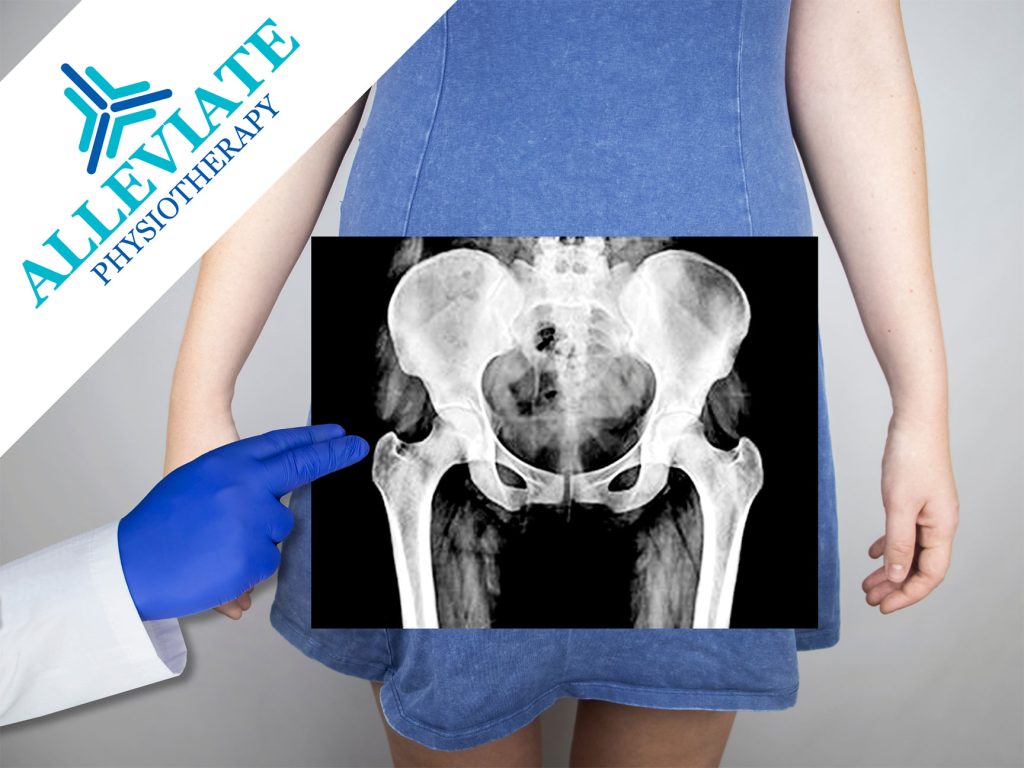Pelvic Floor Health for Women
What Is the Pelvic Floor?
The pelvic floor is made up of different muscles between the tailbone and the pubic bone within the pelvic cavity. These muscles are responsible for bowel and bladder control, supporting the bowel, bladder, and uterus in women, and sexual function. The pelvic floor muscles also work with the abdominal muscles to control abdominal pressure when lifting heavy objects, coughing/sneezing, and performing physical activity requiring abdominal contraction.
What are the Primary Causes of Pelvic Floor Disorders?
- Pregnancy - Specially Post Pregnancy
- Obesity
- Chronic constipation
- Frequent coughing
- Low estrogen levels
- Endometriosis
Symptoms of Poor Pelvic Floor Health
- Pelvic pain
- Strain during passing stools
- Leakage of urine while coughing, laughing, or sneezing
- Painful urination
- Reduced sensation in the vagina
- Heaviness or dragging in the pelvis or back
- Recurrent urinary tract infections, or recurrent thrush
Types of Pelvic Floor Disorders
- Vaginal Pain Syndrome arising out of pelvic dysfunction
- Vaginismus
- Pelvic floor dysfunction
- Pelvic pain
- Menstrual pain/PMS
- Pelvic floor muscle tightness
- Pelvic floor muscle weakness
- Endometriosis
- Pelvic organ prolapse
- Urinary conditions
- Urge incontinence
- Stress incontinence
How Physiotherapy Can Help
- External examination: assess pain, strength, endurance, etc, to determine cause of pain
- Internal examination
- Prescribe tailormed therapeutic neuromuscular exercises and stretches to relieve pain
- Provide education
- Helps urinary and bowel leakage
- Reduces abdominal pain
- Reduces pelvic pain with intercourse
- Aids pelvic organ prolapse
Frequently Asked Questions
What types of treatments can be used?
- Manual techniques - MFR, MET, ART, other soft tissue technique
- Sequential bladder training
- Graded progressive strengthening abdominal and pelvic muscles
- Soft tissue release
- Biofeedback
- Acupuncture
- TENS / EMS - Muscle Stimulation to re-train the muscle
When am I most susceptible to pelvic floor disorders?
- During pregnancy including prenatal and postpartum
- During and post menopause
- Post abdominal and/or pelvic surgery
When Can I Expect to See Results?
Every individual varies depending on the type of disorder, how long they have had it, etc. On average, most patients see results within 2-8 weeks of treatment. Some patients have even reported seeing improvements within a few sessions.
Have more questions?
A pain-free life is just a call away.
Feel free to Book a Free Consultation
OR
Check out our Services and Therapist Profiles
Your healthcare is our priority; we don’t just Alleviate PAIN, we also Alleviate your QUALITY OF LIFE by improved mobility and daily functioning.









